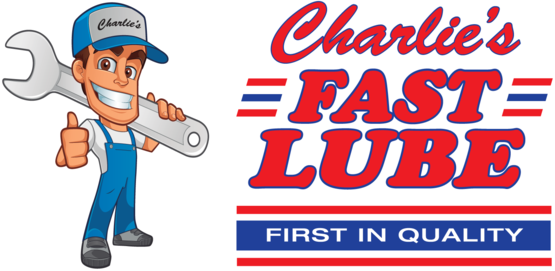Taking the Heat (Heater Hose Maintenance/Repair)
November 15, 2020
If you have an internal combustion vehicle, you know it has a lot of hoses that carry various fluids. And if you have a heater in your vehicle, you'll have heater hoses.
A heater hose connects to and from the engine so some coolant can be circulated through a little radiator called a heater core. In cold weather, that heater core acts as a heat exchanger to heat up your cabin.
Even in the hot weather, the heater hoses can prove problematic. That's because they may remain pressurized even though you're not running your heater. Heater hoses are made out of tough materials since they must handle heat and pressure. But even the durable rubber, plastic and metal they are made out of can crack or leak from years of use. That means coolant can be sprayed out into the engine compartment or leak onto a driveway or garage floor.
You may be able to see a puddle of coolant under your vehicle or perhaps smell the odor of the coolant under the hood. Some say it has a sweet smell. Another sign coolant may be leaking out of the heater hoses is your engine may be running hotter. You'll be able to tell by watching the heat gauge on your dash. Let's say your heat gauge usually points just slightly below halfway between the C and H (Cold and Hot) of the heat gauge. But now it is just slightly above. That's enough to tell you that the coolant temperature has gone up a little, a possible sign of trouble.
This is a good time to swing by your service facility and have them take a look. If they catch the leak when it's small, it's a relatively simple matter of draining the coolant, replacing the hoses and replacing the coolant. Sometimes, though, a heater hose can suddenly burst and a lot of coolant can leak out quickly. That can, in turn, cause your engine to start to overheat. In that case, you may see your vehicle's temperature gauge shoot up pretty quickly. Then it's best to pull over and have your car towed to a repair facility since driving with no coolant can cause severe engine damage.
Preventative maintenance is your best insurance against heater hose problems. A technician will periodically check for any signs of cracks or leaks. You should expect to replace a heater hose at least once during the time you own your vehicle.
Charlie's Fast Lube Perryville
701 S. Perryville Ave
Perryville, Missouri 63775
575-517-0022
http://www.charliesfastlubeperryville.com
Need Service?
More articles from Charlie's Fast Lube Perryville

No Fuel-ing! (Fuel Filter Replacement)
February 22, 2026
Your vehicle has a few filters you might be somewhat familiar with. Theres the oil filter that removes impurities from your engines oil, and a couple of different kinds of air filters that prevent contaminants from getting into the engine and the cabin. But you may not know that your vehicle als... More

Battery Replacement for Your vehicle
February 15, 2026
Modern vehicles in and around Perryville run on 12 volt electrical systems. 12 volts is enough to get the job done for Perryville drivers without having so much power that there is danger of electrocution. But today's vehicles have more electrical components and do-dads than ever before. This re... More

Why is Air Not Coming Out of My Vents?
February 8, 2026
You climb inside your vehicle, start the ignition, and reach for the fan control for the heating or air conditioning. But when you try to crank it up, no air comes out of the vents. It can make for a very uncomfortable trip, whether its hot or cold outside. Its important for the comfort of you a... More









